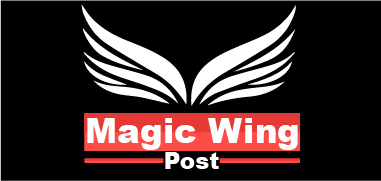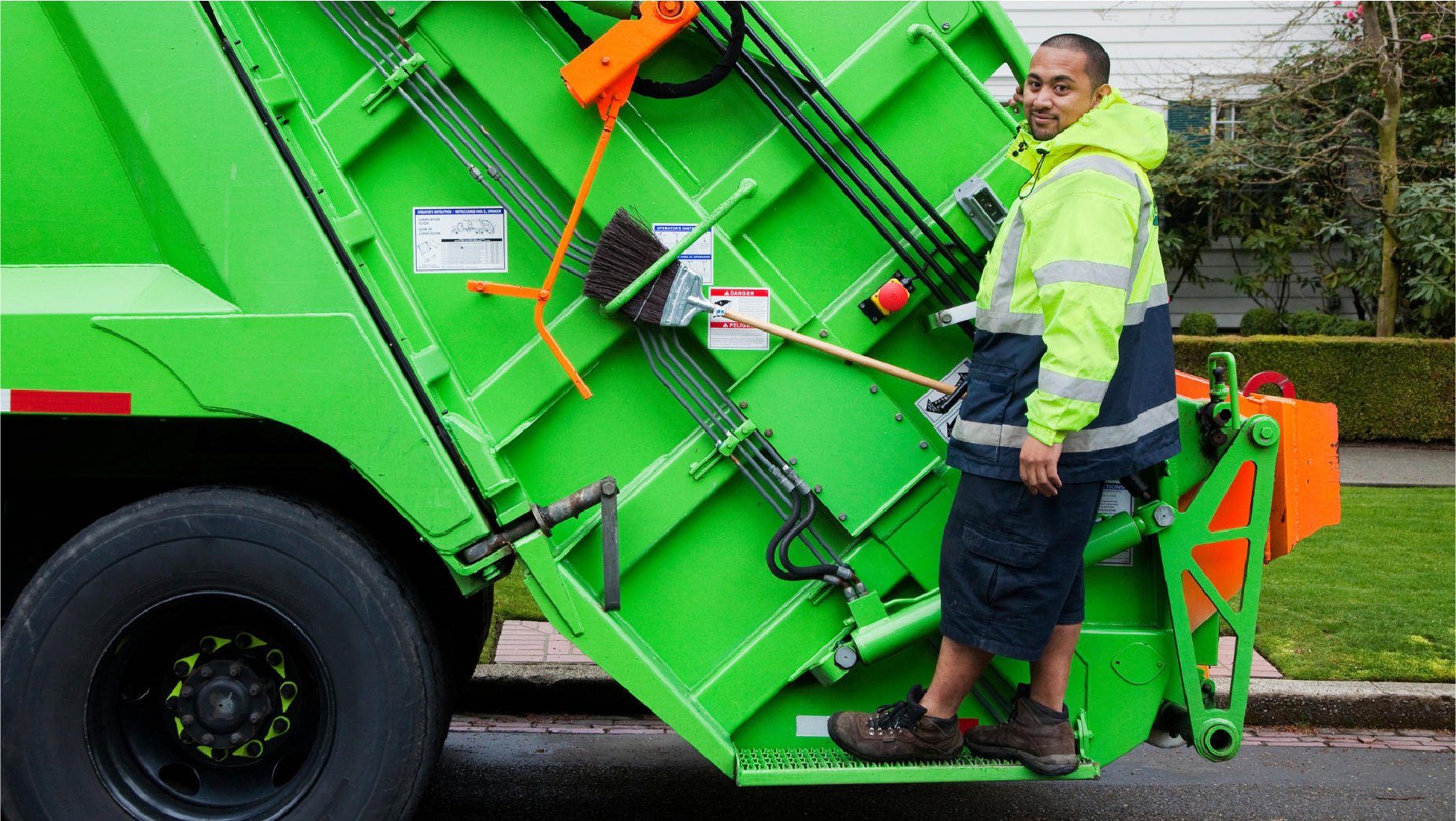In the quest for a more sustainable future, the efficiency of waste collection services plays a crucial role. The transition from simply discarding waste curbside to ensuring it is recycled or properly disposed of is essential in minimizing environmental impact. This comprehensive guide explores strategies for optimizing waste collection services to promote recycling, reduce landfill reliance, and encourage community participation in sustainability efforts.
The Importance of Efficient Waste Collection
Efficient waste collection is more than just a convenience; it is a fundamental step in managing community waste sustainably. By optimizing these services, municipalities can significantly increase the amount of waste diverted from landfills, reduce greenhouse gas emissions, and conserve natural resources. These efforts are critical in building a circular economy, where waste is viewed not as an end product but as a resource to be reused and recycled.
Streamlining Curbside Collection
The first step in optimizing waste collection is streamlining curbside services. This involves coordinating collection schedules, implementing clear guidelines for waste segregation, and providing easily identifiable bins for recyclables, organics, and landfill waste. Such measures not only improve operational efficiency but also make it easier for residents to participate in recycling programs.
Enhancing Recycling Efforts
To further enhance recycling efforts, municipalities can:
- Educate Residents: Comprehensive education campaigns can inform residents about the importance of recycling and how to recycle properly. This includes what can be recycled, how to clean recyclables, and the significance of not contaminating recycling streams with non-recyclable materials.
- Implement Incentive Programs: Reward systems or incentives for communities that achieve high recycling rates can motivate residents to participate more actively in recycling efforts.
- Adopt Single-Stream Recycling: Single-stream recycling, where all recyclables are placed in one bin without the need to sort them, can significantly increase recycling rates by simplifying the process for residents.
Leveraging Technology
Technology can play a pivotal role in optimizing waste collection services. Implementing smart waste management solutions, such as sensors in bins that monitor fill levels, can help to schedule pickups more efficiently and prevent overflows. Additionally, route optimization software can minimize the distance collection vehicles need to travel, reducing carbon emissions and operational costs.
Encouraging Community Engagement
Community involvement is indispensable in the success of optimized waste collection services. Municipalities can foster engagement through:
- Feedback Mechanisms: Allowing residents to report issues or provide feedback on waste collection services through apps or online platforms can help identify areas for improvement.
- Volunteer Programs: Initiatives that encourage residents to volunteer in local recycling efforts or community clean-up events can strengthen community bonds and raise awareness about waste management challenges.
Reducing Waste at the Source
While optimizing collection services is crucial, reducing waste generation at the source is equally important. Policies and programs that encourage waste reduction, such as bans on single-use plastics or the promotion of reusable items, can significantly decrease the volume of waste needing collection and processing.
Streamlining Construction Waste
Effective management of construction waste is essential for sustainable building. Dumpster rental services provide an efficient way to manage debris from construction sites. They offer on-site waste containers, helping with the accumulation, removal, and proper disposal or recycling of materials. This keeps sites clean and safe, while reducing environmental impact. Using dumpster rentals for waste management enhances material recycling, reduces strain on landfills, and supports the construction industry’s shift towards sustainability.
Challenges and Solutions
Optimizing waste collection services is not without its challenges. Issues such as inadequate infrastructure, limited public participation, and financial constraints can hinder progress. However, through innovative financing models, public-private partnerships, and continuous community engagement, many of these hurdles can be overcome.
Conclusion
The optimization of curbside waste collection services is a vital step towards sustainable waste management. By streamlining collection processes, leveraging technology, and engaging communities, municipalities can enhance recycling rates, reduce landfill reliance, and promote environmental stewardship among residents. Success in this endeavor requires a collective effort from all stakeholders, including local governments, waste management companies, residents, and environmental organizations. Together, we can transform waste from a problem into a resource, moving closer to achieving a circular economy and a more sustainable world.






